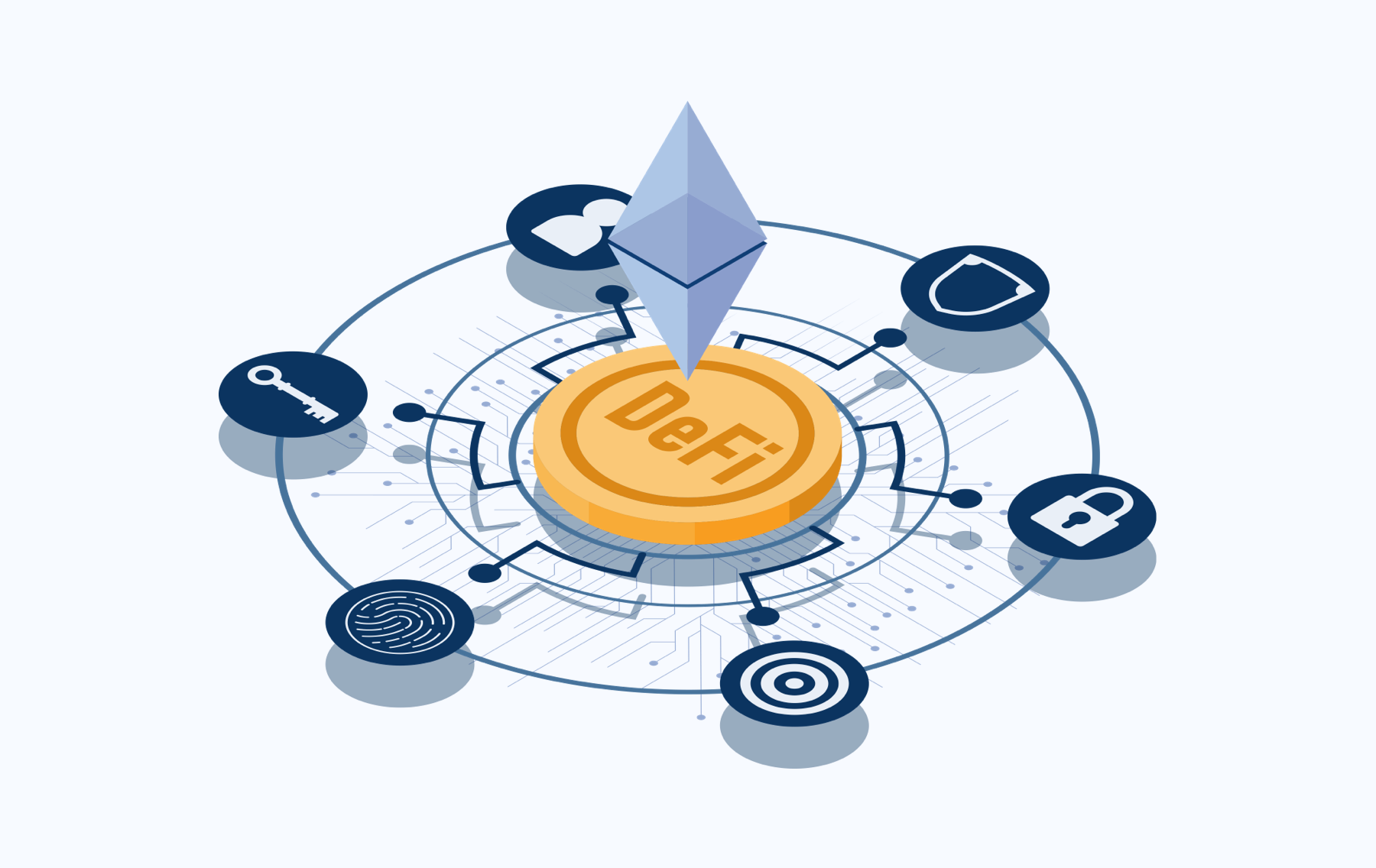DeFi is short for Decentralized Finance. In the cryptocurrency system, which started with Bitcoin, peer-to-peer cryptocurrency transfers can be made without the need for a centralized financial institution. Decentralized finance is not just about sending and receiving digital assets. Financial functions such as credit, exchanges, insurance and shopping are also features of decentralized finance. All transactions are made securely using blockchain technology. DeFi with a solid structure is not replaceable. Traditional finance requires intermediaries such as banks and personal information needs to be verified. For example, when you want to open a bank account, your identity or passport information is needed. These are not important in decentralized finance, they can be easily used by anyone without the need to share their identity or address information. This ecosystem is run by smart contracts and cryptocurrencies on the blockchain. As the popularity of cryptocurrencies is increasing, the use of DeFi continues to increase rapidly.
Decentralized finance has led to the emergence of decentralized exchanges and the freedom of financial transactions by everyone. The need for an alternative due to the distrust of banks as a result of some situations is the first step of decentralized finance. DeFi is also seen as a reaction to governments’ control over fiat money. A dominance in monetary policy is something people are worried about and DeFi can be shown as a solution to this. The very low fees applied in transactions also have greatly increased the interest in decentralized finance.
DeFi Advantages
Privacy can be seen as the biggest advantage of decentralized finance. Thanks to DeFi, which enables each individual to transact anonymously, third parties are not involved in these transactions since the transactions are made as P2P, and this is a factor that eliminates the risk of error. Since the records of transactions made on the blockchain are also kept on the blockchain, the security is also at a high level. The fact that financial transactions are not controlled by an institution makes this technology unique. The fact that all transactions are carried out through software excludes the negative effects of subjects such as language and geography. People who want to live their financial life more freely without worrying about the economic crisis and inflation are satisfied with DeFi. All these aims and solutions offer great hope for humanity.
DeFi Disadvantages
Decentralized finance has many advantages, but it should also be mentioned that it has disadvantages. Since the transactions are not audited by a third party and are not guaranteed, no contact person can be found for any errors or losses that may occur. In other words, the responsibility of all errors that may occur during the process belongs to the users. Users engaged in decentralized financial transactions have to accept these situations in advance.
In DeFi, which uses multi-layered architecture, new decentralized applications can be created by developers. The information that can be examined under the titles such as layers, decentralized applications, smart contracts, crypto assets, protocols and blockchain will help in understanding DeFi.



